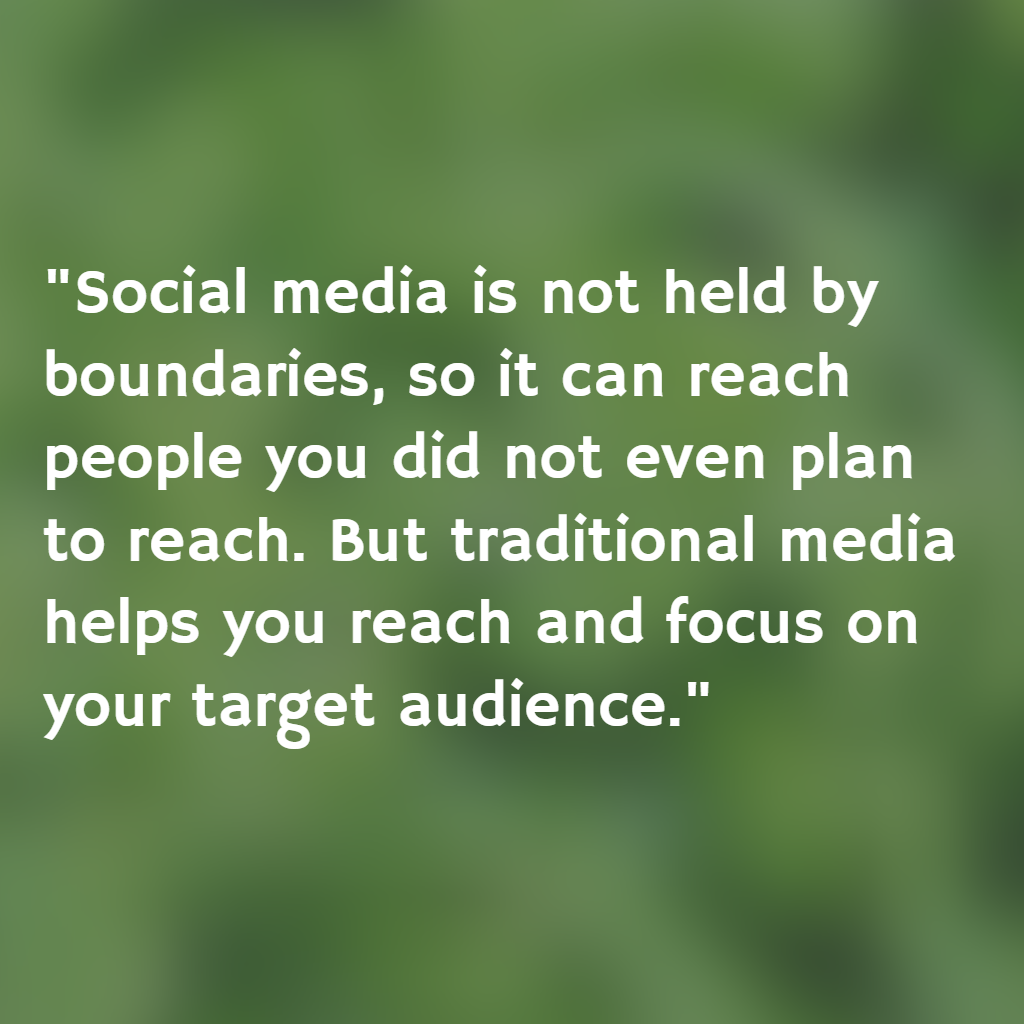2015
"A courageous and persevering spirit": Fighting malaria with Oluwamayowa Salu
As highlighted in a previous post, Oluwamayowa Salu is an incredibly effective “Malaria Mobilizer.” With nearly a thousand endorsements in the Awards, Salu wins when it comes to garnering the votes. However, his presence in the Social Media Awards is only the tip of the iceberg. Beating back this disease in West Africa and beyond, Salu has a wealth of experience from which to share.
We got in touch with Salu and asked him about social media, malaria, and Nigeria’s fight against mosquitoes. His answers were inspiring, insightful and gracious. We’re sure you’ll feel the same after reading this interview.*
*Edited for clarity and space
Inis: What advice would you give a young person interested in making a difference in the fight against malaria?
Salu: I would advise any young person who wants to join in the fight to defeat malaria in this part of the world to be courageous and have a persevering spirit because there are no plans to integrate young people to join in the fight to combat malaria as is done with HIV/AIDs or even tuberculosis. Because of this, they must be innovative and possess skills that can be effectively used and applied.

Inis: How is online advocacy different than more traditional forms of engagement? What are some ways social media complements other forms of outreach?
Salu: I appeal to both physical and virtual audiences using both platforms to achieve my goals. In fact, I work more in rural areas. With traditional media, you may not be able to get effective and timely feedback, while online advocacy provides timely and some level of effective feedback. Social media is not held by boundaries, so it can reach people you did not even plan to reach. But traditional media helps you reach and focus on your target audience. I have used social media to raise volunteers, seek opinion and generate support for our community based programs.
Inis: What motivates you to invest time in the communication side of the fight against malaria? You put your energy into many different things - why not focus on another innovation, a new comic book, rather than the social media side?
Salu: Unfortunately, despite the effort put into advocacy, we still have lots of people who believe malaria can be caused by all sorts of things, like eating spoilt food, staying under the sun or drinking bad water. This is the reason we invest so much in educating people. People do not know when to use drugs, how to use mosquito nets, what to do when a person is starting to show symptoms etc.
At Iba Foundation, we have so many innovations – the Kick Out Malaria Program, the Malaria Mobile app, the Malaria Comic book, the 'One Net, One Child Program and a whole lot more to bring to the table. But a lot of young people and young NGOs have dropped out of the fight, because there are no capacity development programs. There are no special funds, competitions or fellowship programs tailored for passionate people like me, so we have to compete with general funds to continue to implement our existing programs.
Inis: Along with your significant work in malaria, the sheer number of endorsements you received indicates that you have a broad audience impacted by your work. Do you have any insight on how such a network is developed, and how to utilize it for maximum impact?
Salu: Well, I started in 2011 and I have been privileged to impact hundreds of thousands of people in and out of Nigeria. I have been to many countries and have attended many social entrepreneurship programs, so I am known for my passion to combat malaria. Even as destructive as the disease is in sub-Saharan Africa, especially Nigeria, there are very few youth-led, malaria-focused non-profit organizations. This is the reason I draw attention. I have been aided by the uniqueness of the situation, my innovations, and by the impact I have made over the years.
Inis: Any areas that you would like to see your organization grow in, in relation to social media?
Salu: If I or my team ever gets a chance to be mentored by a big organization, we would really love to learn how to use infographics to tell the story of the devastation malaria causes in our rural villages and how we can use such tools to raise awareness, gather support, and effect change
Inis: In your view, what needs to happen in order for Nigeria to defeat malaria?

Salu: I think we are already doing well especially with the guiding National Strategic Malaria Plan by the Federal Ministry of Health. We have some states in Nigeria investing huge resources to end this disease. A faster and more effective way would be to integrate young people into existing plans and develop their capacities to become change agents. By doing this, we can be sure of new perspectives and innovations.
Thanks, Salu! You can learn more about his innovative foundaton here, and follow him on Twitter.








